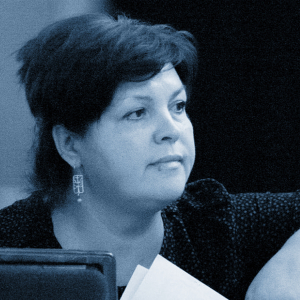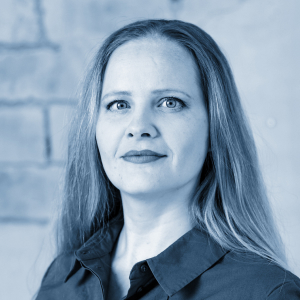When conceiving the project «Musica sacra Ukraina: Partes Dimension» in 2019, intended, on the basis of the assumptions made and tested by numerous practical experiments, to answer the endless array of questions, arising, when dealing with the phenomenon of the Ukrainian partes concerts, faced by a researcher, performer, critic, interpreter and listener alike, we, rather intuitively, chose the form of a «laboratory».
Our partes laboratory began working, gradually demonstrating to us the productiveness of this traditional and efficient form of testing, discovering, perception, presentation, and the main thing – reasonable argumentation of something that, apparently, has some value for the wide audience. Of something that ultimately changes the world, since laboratory research is what makes you realise the inseparability of micro and macro processes creating different dimensions of our personal and various collective realities.

The same is stated with confidence by the French sociologist of science, philosopher, and playwright Bruno Latour in his essay «Give me a laboratory, and I will raise the world». I fully share this laboratory ambition, regarding a lab! Although Latour speaks about science, in the case of the Ukrainian partes singing concerts, all laboratory processes noted by the researcher are very much the same.
Indeed, exactly a laboratory has the conditions for accumulation of the knowledge and capabilities that can produce new perceptions and help find new correlations. Through accumulation of the critical mass of mistakes (sic, mistakes!), a laboratory confirms or rejects one or another hypothesis. It is the laboratory space that can overcome the routine dichotomy of the internal and the external, since the outcomes of laboratory work can produce a result not by themselves but only in combination with introduced practices and the appropriate way of thinking.

Thanks to the «laboratory» focus on partes singing, with support from the Ukrainian Cultural Foundation this year, we were able to make sure that:
- our road is only the beginning of a lengthy process of reconstruction of partes concerts;
- without cooperation of science and practice, experts in different domains (music experts, linguists, liturgists, archivists, all kind of historians, media experts, skilled managers) and performing musicians with a wide range of professional skills, replication of partes texts will be inefficient;
- the architecture of the space conceived by the authors of musical compositions shapes and influences the parameters of perception of a piece, and the probable ways of its successful presentation to a listener, and therefore, partes singing should be performed and listened to in the appropriate acoustic conditions;
- pronunciation of the text matters, since every word is calibrated and fixed in its phonetic form, the perception of which gives rise to the dramatic composition of a piece;
- the art of «rhetoric pronunciation» should be learnt as thoroughly as the tonal purity of striking the right note;
- there is no one single correct concept of a piece offered by the conductor and reproduced by the ensemble, it is always a process of joint creation;
- a lot changes in the sound, dependent on what A is used – 440 or 415 Hz;
- the way of distribution of voices in the score compiled by the researcher from the part books is critical for understanding of the compositional features of the piece;
- when singing in your mother language, you should think about the text even more thoroughly, for the words not to be lost behind «beautiful sounds» but to create a carcass, understandable for the listeners;
- every voice matters, and the distinction between the personal and the collective reveals not only the musical tastes but also the worldview attitudes of the singers;
- the Ukrainian partes singing is as exciting as Monteverdi, Schütz and other known authors of the West European Baroque;
- work on partes is impossible without the eternal questions, who we are and where we go;
- while partes singing, we zoom and touch history that, overcoming time and space, makes us sure that sounds can shape the world outlook, and moreover – preserve it and relay it through centuries.
I am confident that every person involved in the laboratory has his or her own insight, and I cherish the hope that all this will be reflected in the recording of the 13 concerts that marked this year in our partes calendar – the year of true challenges, the year that gave us new questions and ambitions and made us to believe that we should change and transform the world – at least, our own.
I am confident that every person involved in the laboratory has his or her own insight, and I cherish the hope that all this will be reflected in the recording of the 13 concerts that marked this year in our partes calendar – the year of true challenges, the year that gave us new questions and ambitions and made us to believe that we should change and transform the world – at least, our own.




